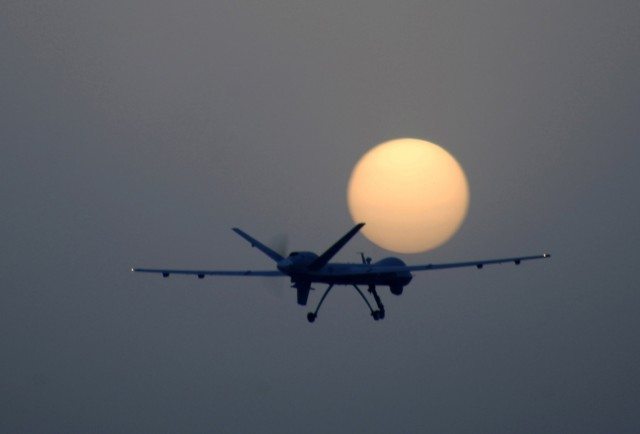Raytheon has been awarded a $14.6 million contract to develop new image processing technology for the Advanced Distributed Aperture System.
ADAS is a multispectral technology that gives helicopter pilots 360-degree situational awareness, improving aircraft and crew survivability when operating in low visibility conditions.
“The deployment of Raytheon’s ADAS technology will directly affect the lives of those in combat,” said Tim Carey, vice president for Intelligence, Surveillance and Reconnaissance Systems at Raytheon Space and Airborne Systems.
“This next-generation technology will process images faster, allowing aircrews to achieve their mission objectives quickly and with the lowest possible risk.”
The new processor will significantly enhance the system’s high-resolution imagery. The technology upgrade includes thermal sensing cameras and a next-generation helmet-mounted display subsystem.
Together these capabilities will enable full-spherical situational awareness in daytime or total darkness, supporting safer flight operations in environments of degraded visibility.
In April 2011, Raytheon successfully completed the integration of ADAS capabilities required by the Joint Capability Technology Demonstration.
During flight testing, ADAS demonstrated mid-wavelength infrared and near-infrared image fusion, local area processing, hostile-fire indication, landing-assist symbols that appear on the helmet display for operation in low visibility, and infrared search and track.
Raytheon has performed more than 200 hours of extensive ADAS testing to demonstrate the system’s capabilities on a UH-60 Blackhawk helicopter.
Flight demonstrations were conducted at U.S. Army facilities in Virginia and Alabama. Flight testing for the new image processor upgrade is expected to begin in late 2012.










